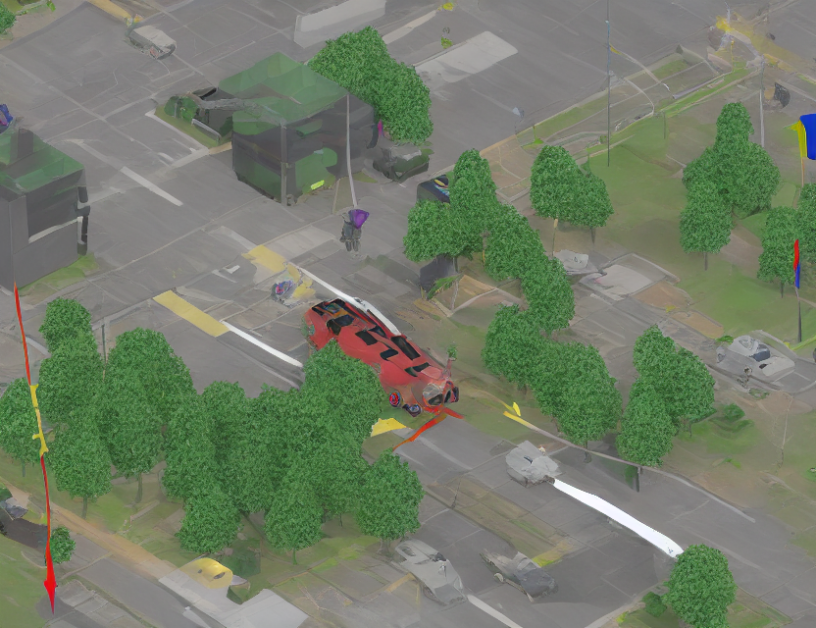Trajectory querying is a fundamental problem in various applications, such as location-based services, traffic analysis, and environmental monitoring. However, releasing raw trajectory data can compromise individuals’ privacy, as it may reveal sensitive information about their movements. To address this challenge, this paper proposes GIST (Generalized Iterative Sampling and Verification Technique), a novel approach that balances efficiency and privacy preservation.
GIST works by iteratively sampling and verifying trajectories using a two-stage filtering mechanism. In the first stage, GIST selects a subset of trajectories based on their similarity to the query trajectory, while ensuring privacy protection through data perturbation. In the second stage, GIST verifies the selected trajectories using secure multi-party computation, which enables efficient and private computation on encrypted data.
The efficiency and privacy performance of GIST are evaluated through extensive experiments on real-world datasets. The results show that GIST achieves a filtering rate of 10% while maintaining a high level of privacy protection, outperforming existing methods that sacrifice privacy for efficiency. Additionally, GIST’s verification mechanism is shown to be efficient and secure, reducing the computational complexity of secure multi-party computation by exploiting the parallelization potential of modern computing architectures.
The paper also conducts ablation studies to analyze the impact of different parameters on GIST’s performance. The results demonstrate that optimizing these parameters can further improve GIST’s efficiency and privacy protection, making it a more robust and practical solution for trajectory querying applications.
In summary, GIST is a novel approach that balances efficiency and privacy preservation in trajectory querying by using a two-stage filtering mechanism combined with secure multi-party computation. Its efficient and private verification mechanism makes it an ideal solution for various applications where trajectory data needs to be queried while maintaining individuals’ privacy.
Privacy-Preserving Trajectory Filtering and Verification Using Secure Multi-Party Computation



